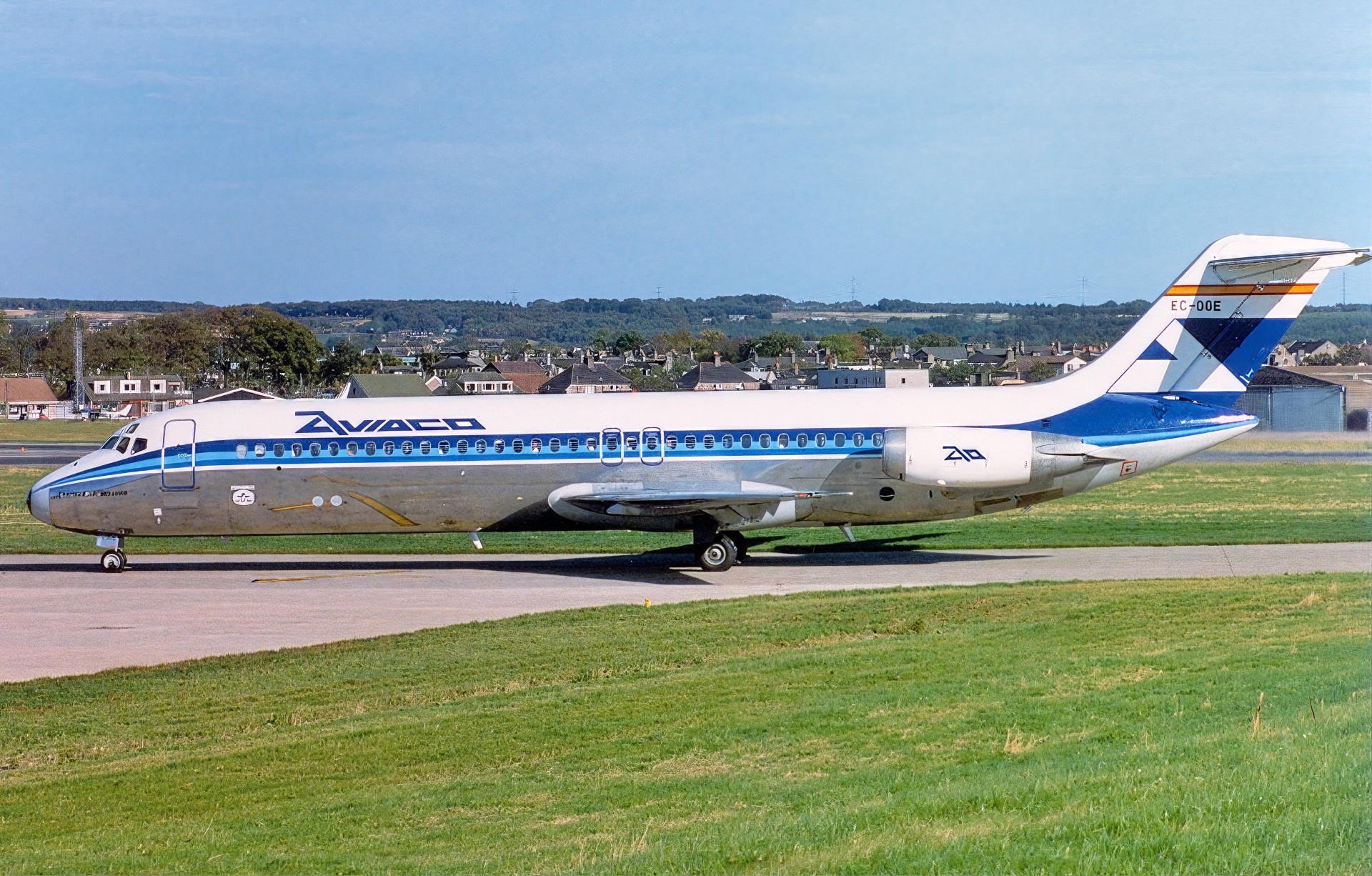09/01/1999: Aviaco Is Fully Absorbed into Iberia
Today, in 1999, Aviación y Comercio, better known as Aviaco, was fully absorbed into Iberia's operation.

Today, in 1999, Aviación y Comercio, better known as Aviaco, was fully absorbed into Iberia's operation.

DALLAS — Today, in 1999, Aviación y Comercio, better known as Aviaco (AO), was fully absorbed into Iberia's (IB) operation.
Aviaco was founded by Spain's National Institute of Industry on February 18, 1948. The airline was intended to supplement Iberia's inadequate regional network, as the flag carrier focused on its long-haul routes. Operations commenced in September between Madrid, Bilbao, and Barcelona using a fleet of three Bristol 170s.
In 1959, AO was reorganized with a view to strengthening its position against a growing number of competitors. Keen to cash in on the growing charter market, AO acquired three Convair CV-440s from Sabena (SN) and put them to use on flights to Germany and the UK.
The 1960s were a boom time for the company. As its network grew, the Spanish government decided to establish a joint board for AO and IB. This was to ensure that the two carriers' activities were properly coordinated.

By the 1980s, Aviaco's charter operation was booming. The airline's blue and white DC-9 jets were commonplace at most regional airports across the UK and Germany. Its regional network was also an important part of its business, which, despite only accounting for 30% of its flights, made up 70% of its revenue.
In 1998, IB purchased all the remaining shares of AO and added its IB code to all flights. It also announced an order for 76 Airbus A320s, which coincided with plans to standardize its short-haul operations.
Despite being one of the most valuable members of Iberia's group of airlines, the writing was on the wall of AO. Just over a year later, the iconic carrier had been fully absorbed into its new parent.

Featured image: An Aviaco McDonnell Douglas DC-9-32 on short finals to Fiumicino Airport (FCO / LIRF). Photo: By Aldo Bidini - http://www.airliners.net/photo/Aviaco/McDonnell-Douglas-DC-9-32/1296417/L/, GFDL 1.2, https://commons.wikimedia.org/w/index.php?curid=28283180
.webp)
David H. Stringer, the History Editor for AIRWAYS Magazine, has chronicled the story of the commercial aviation industry with his airline history articles that have appeared in AIRWAYS over two decades. Here, for the first time, is a compilation of those articles.
Subjects A through C are presented in this first of three volumes. Covering topics such as the airlines of Alaska at the time of statehood and Canada's regional airlines of the 1960s, the individual histories of such carriers as Allegheny, American, Braniff, and Continental are also included in Volume One. Get your copy today!